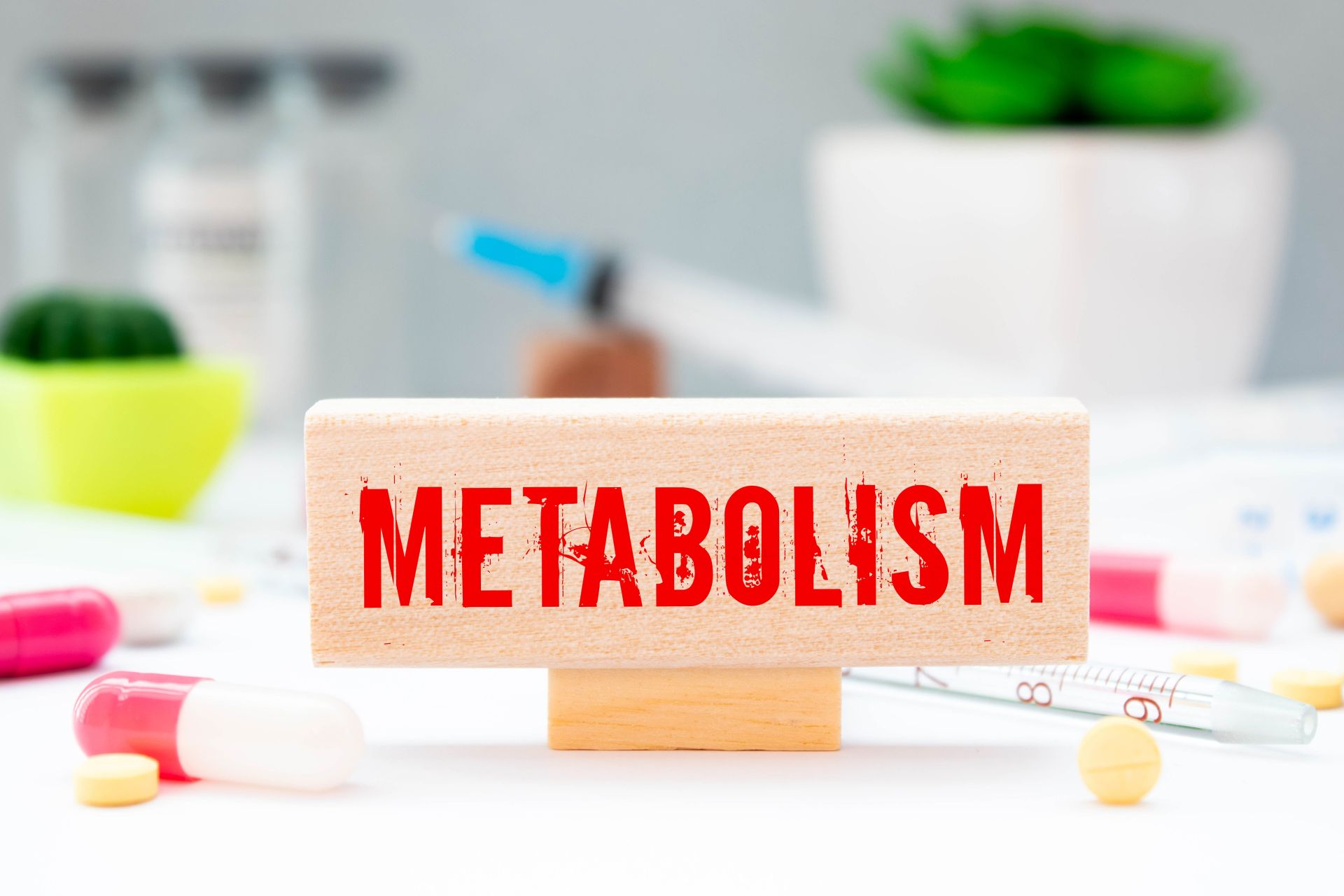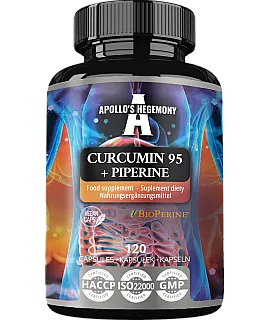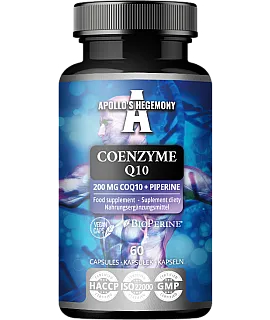PQQ and metabolism - how does it affect metabolic processes?

Human energy metabolism is closely linked to mitochondria. After all, it is in these organelles that all the energy is produced that drives cells to work. The work of mitochondria is significantly influenced by PQQ. This substance not only protects mitochondria from damage, but can also increase their numbers. We consume PQQ in our daily diet (vegetables, fruits, tea), but there are many indications that its additional supplementation offers a lot of metabolic benefits. Find out how supplements with PQQ can support your metabolism!
- Effects of PQQ on metabolism and body weight
- Regulation of metabolism by the effect of PQQ on the gut microbiome
- Summary
Effects of PQQ on metabolism and body weight
Many reports of scientific experiments confirm that PQQ affects the increase of PGC-1α protein, which is a biological marker of mitochondrial biogenesis. Interestingly, this is a mechanism that is also characteristic of engaging in physical activity, and this, as we all know, is very conducive to controlling body weight and metabolic rate.
The properties of PQQ could potentially be used in the prevention of obesity, something that scientists are looking at intensively. A review of animal and cell culture studies shows that PQQ is beneficial in reducing visceral and liver fat accumulation. These types of spare fat are much more dangerous to metabolic health than subcutaneous adipose tissue. In addition to inhibiting lipogenesis, PQQ can increase the number and function of mitochondria, leading to improved lipid metabolism.
PQQ also reduces inflammation by modulating regulators of inflammation by affecting the NF-kB and MAPK pathways. By inhibiting NF-κB activation, PQQ reduces the production of IL-6 and TNF-α. As a result, researchers predicted that PQQ could alleviate inflammation associated with obesity.
One study showed that PQQ promotes lipid metabolism, as PQQ use significantly reduced triglycerides, total cholesterol and low-density lipoprotein (LDL) levels in the serum lipid profile of animals with diet-induced obesity. Lipidogram is one of the primary indicators of metabolic status and cardiovascular disease risk. Abnormal lipidogram results often accompany obese individuals.
PQQ via multiple pathways affects insulin signaling and increases glucose uptake into cells via glucose transporter translocation. Studies suggest that PQQ may be useful in cases of insulin resistance and type 2 diabetes.
In short, when used by obese individuals, PQQ may provide a kind of protective shield against the consequences of this disease and inhibit its progression. On the other hand, in people of normal weight, it can reduce the risk of storing spare fat and developing obesity. This is influenced by numerous mechanisms related to the control of inflammation, glycemia, lipidogram and optimization of energy metabolism.

Regulation of metabolism by the effect of PQQ on the gut microbiome
Although it is not yet common knowledge in the general public, thanks to scientists we know that the gut microbiome has a significant impact on metabolism. It has been repeatedly noted that the microbiome of lean and obese mammals differs significantly in composition. One of the more popular theses is the effect of the ratio of Bacteroidetes to Firmicutes on body weight. In experiments on mice, it was proven that PQQ supplementation allowed reversing the diet-induced increase in Firmicutes and decrease in Bacteroidetes.
The topic of the effect of PQQ on the intestinal microbiome requires further research, but this substance plays a large role in bacterial life as well (and even more so than in ours), so further, very interesting reports can be expected in the future. We already know that the relationship between PQQ and bacteria is reciprocal: gut bacteria produce PQQ and PQQ changes the composition of the microbiome, making it more friendly to humans.
Summary
PQQ has the potential to inhibit fat accumulation, which is most dangerous for metabolic health, i.e. liver and visceral health. By increasing the number of mitochondria, PQQ has a positive effect on metabolism, as it increases the efficiency of burning lipids and obtaining functional energy from them for cells. PQQ is a very graceful molecule, acting systemically and supporting the most basic and important aspects of body function.
Sources:
 ⮜ Previous article
⮜ Previous article
Magnesium deficiency - what are the symptoms?
 – dzialanie i nieocenione korzysci dla zdrowia.jpg) Next article ⮞
Next article ⮞


